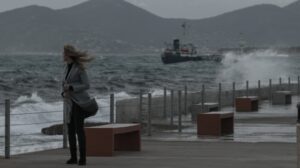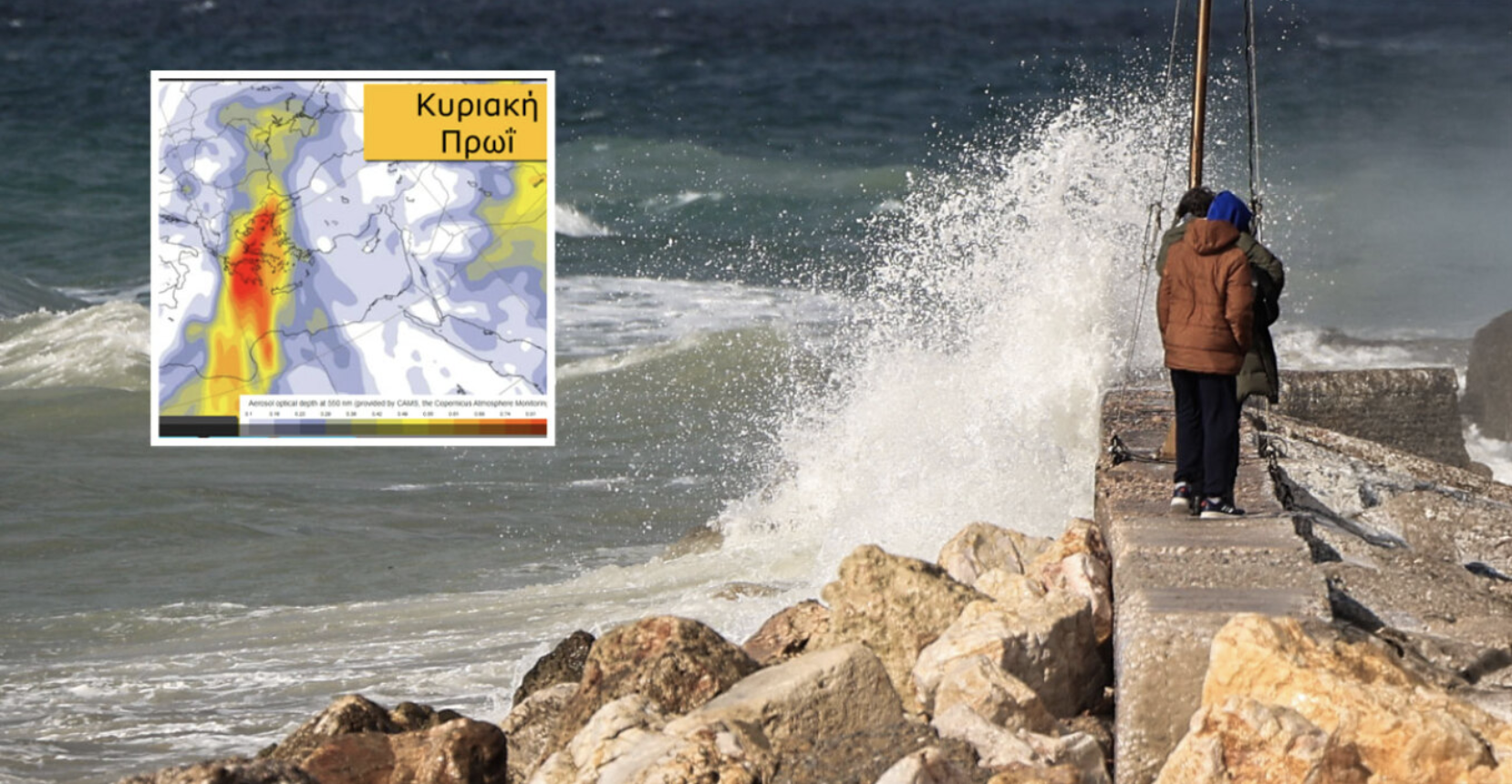The London decision to openly oppose Russia on the occasion of the death of the former Russian spy in Britain seems to impose new data on the EU energy policy.
But, at the time, when the British government is preparing to revive policies that set the scene of “Cold War” Europe, no one can overlook the fact that the whole EU depends on Russian gas.
Britain, of course, is less dependent on Russia, as it replenishes the needs of the domestic energy market with the quantities of gas it imports from Norway.
However, Gazprom remains the second largest supplier of the British industry, according to Britain’s regulatory authority, Ofgem.
And not only that; Britain is also importing liquefied gas (LNG) loads from Siberia.
“Great Britain benefits from highly diverse and flexible sources of gas supply” the U.K. Department of Business, Energy and Industrial Strategy said in a statement. It was added that, “We estimate less than 1 percent of our gas comes from Russia and are in no way reliant on it.”
The figures released by Russia’s Finance Ministry and reported by Bloomberg, however, talk about Gazprom gas exports worth 2.85 billion dollars, last year, when total exports reach 4.49 billion dollars, and while Novatek contributed with LNG exports from the Arctic.
“The extent to which Russia uses its energy as a means to influence and have an impact on those countries that are in receipt of it and also the finances that it provides is an important one”, Theresa May said. “We will be continuing to discuss with the European Union not just our energy security but that wider energy security issue”, she underlined.
Britain vs Germany
“Germany seems to have learned nothing from the past, it has not been taught history,” Agnia Grigas, an expert at the Atlantic Council think tank said in a report and stressed that, “Washington must remember its own efforts during the” Cold War “when it was trying to discourage its European allies from working with Russia and creating a relationship of dependence on Russian gas.”
There is a controversy between the German Chancellor Angela Merkel and the Polish Prime Minister Mateusz Morawiecki because of the former’s support to the Nord Stream 2 pipeline; Berlin argues that the Nord Stream 2 pipeline is not a threat to Europe’s energy security.
Britain is also a puzzle piece in the above-mentioned controversy, but it has already secured support from the United States, France and lately of Montenegro too, with the list of new ‘allies’ becoming longer.
Source: balkaneu
Ask me anything
Explore related questions





